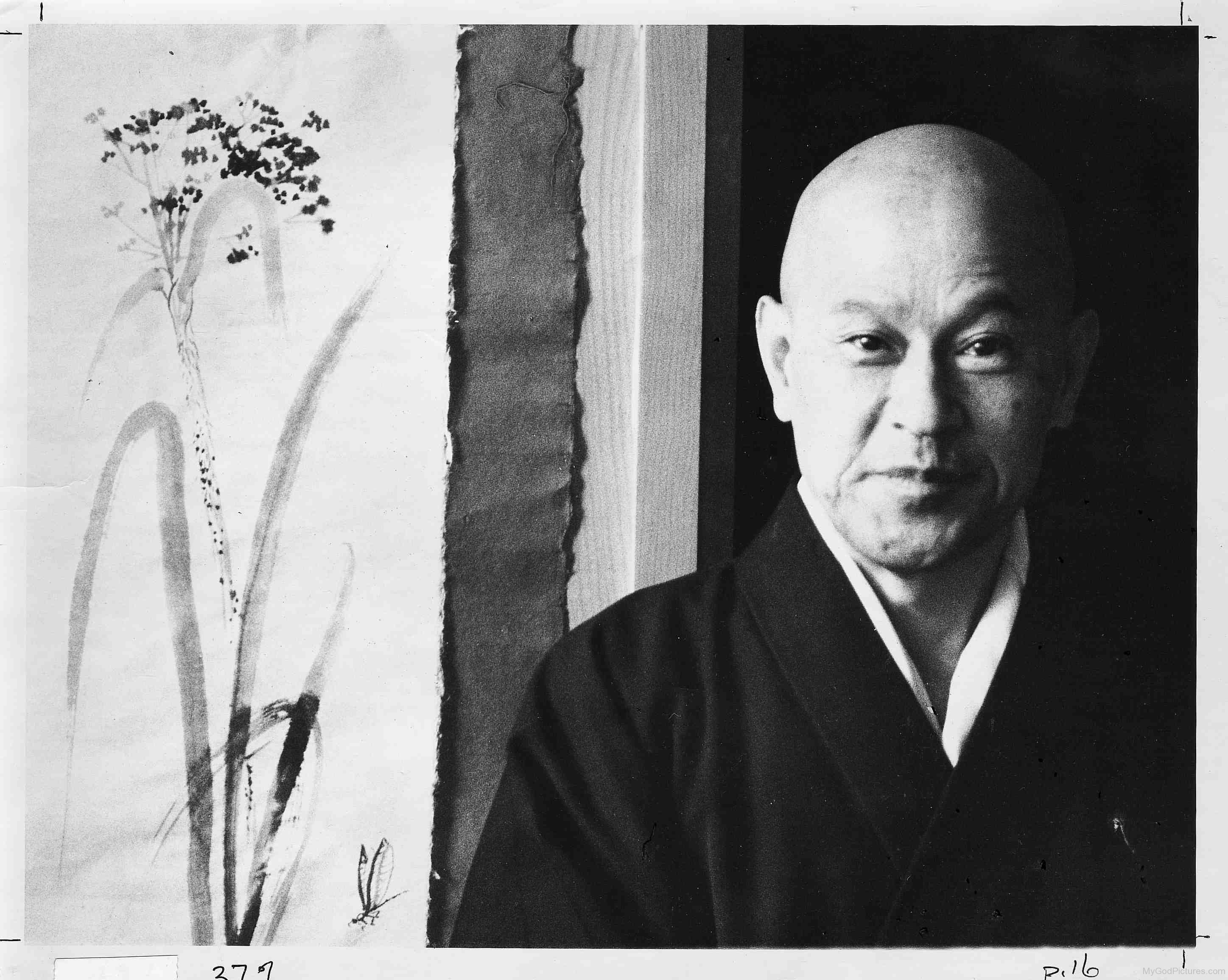
on this date a buddha was born
There is no distinction
between heaven and earth, man and woman,
teacher and disciple. Sometimes a man bows to a woman;
sometimes a woman bows to a man. Sometimes the disciple bows
to the master; sometimes the master bows to the disciple. A master
who cannot bow to his disciple cannot bow to Buddha.
Sometimes the master and disciple bow together
to Buddha. Sometimes we may bow
to cats and dogs.
In your big mind,
everything has the same value.
Everything is Buddha himself. You see something
or hear a sound, and there you have everything just as it is.
In your practice you should accept everything as it is, giving to
each thing the same respect given to a Buddha. Here there
is Buddhahood. Then Buddha bows to Buddha,
and you bow to yourself. This is
the true bow.



